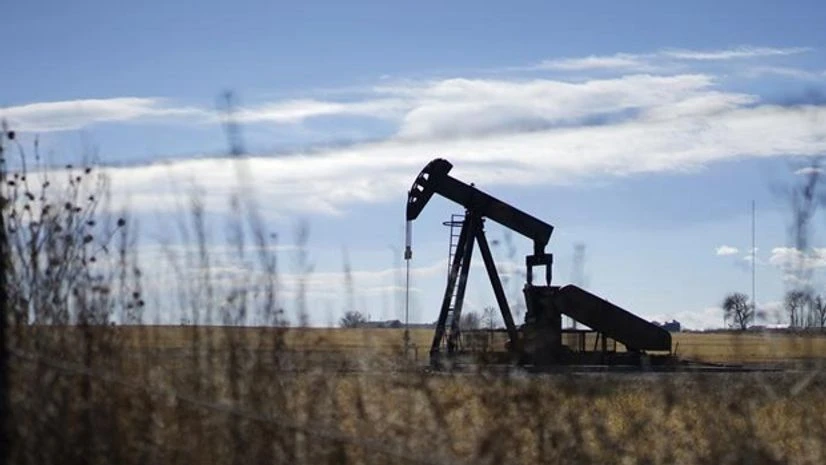Oil prices jumped almost 5% on Friday after comments by the energy minister of OPEC-member United Arab Emirates sparked hopes of a coordinated production cut, yet analysts said such a move remained unlikely and that oversupply would persist.
International benchmark Brent crude was trading at $31.43 per barrel at 0619 GMT, up $1.37 or 4.56% from its last settlement.
Friday's jump in Brent came after the United Arab Emirates energy minister Suhail bin Mohammed al-Mazrouei said the Organization of the Petroleum Exporting Countries (OPEC) was willing to talk with other exporters about cutting output.
OPEC members were ready to cooperate with other producers on a cut, the minister said, although he added that cheap oil was already forcing some output reductions which would help rebalance the market itself.
US West Texas Intermediate (WTI) futures were also up, gaining 4.62% and $1.21 to $27.42 per barrel after hitting lows not seen since 2003 in the previous session.
Traders said the jump in WTI prices could have been a result of U.S. producers unwinding hedges they had previously locked in at higher prices in order to generate badly needed cash to service debt and costs.
More From This Section
Despite higher Brent and WTI, analysts said they saw little chance of OPEC and non-OPEC producers agreeing on a common policy, and that low prices as a result of oversupply would likely persist.
"Comments from the UAE energy minister that OPEC was willing to cooperate on production cuts had little impact. We view this as further jawboning, with the likelihood of a coordinated response on supply cuts very low," ANZ bank said on Friday.
Oil prices have tumbled over 70% since mid-2014 as producers pump 1-2 million barrels of crude every day in excess of demand just as global economic growth stalls, led by China's slowdown.
While prices have been low, volatility has been high since the beginning of the year, with 10-20% price rises and falls common within only a few trading sessions.
"We expect recent crude volatility to persist," investment bank Jefferies said on Friday, adding that it expected oil markets to start rebalancing in the second half of the year.

)
